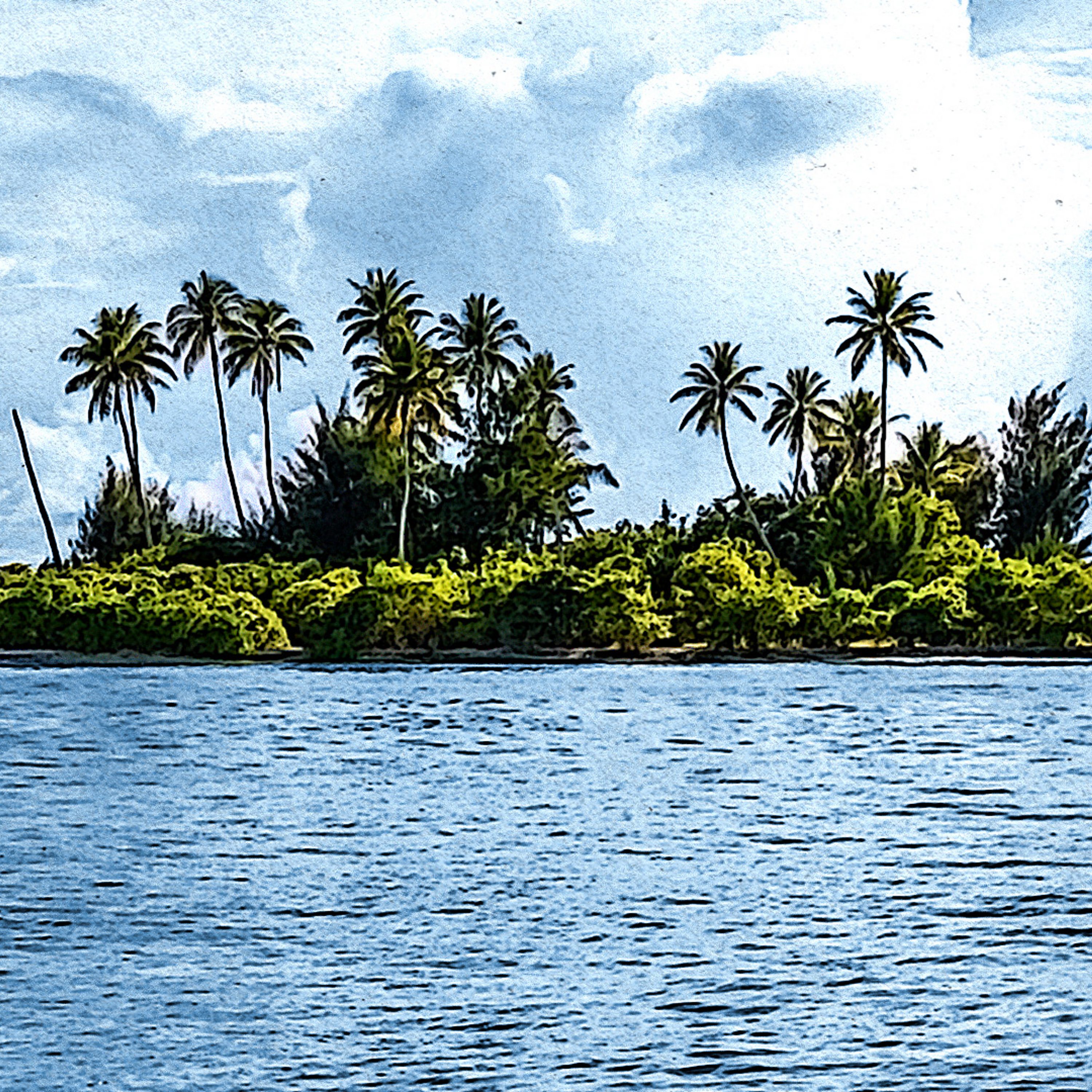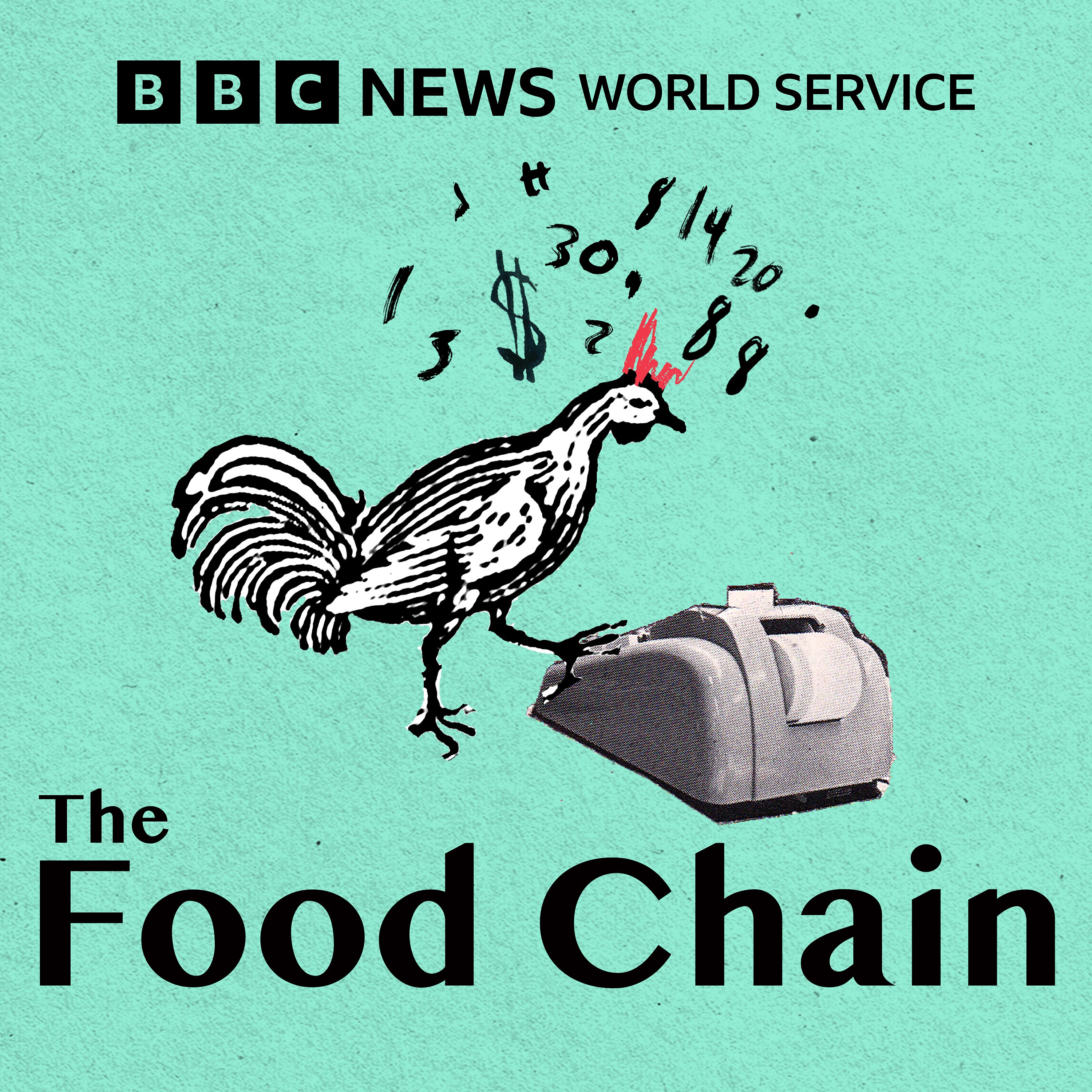
Shownotes Transcript
In this programme we explore the realities of island diets. Ruth Alexander hears how diets are changing, and what this means for population health.
Indigenous diets were limited to what grew in the native soil or could be raised or caught in the limited space available. Today imported, often processed foods are becoming increasingly popular.
We start in the Faroe Islands, in the North Atlantic Ocean between Iceland and the United Kingdom. Traditionally the Faroese diet is protein heavy, fermented wind dried lamb is a staple and the poor soil makes growing a wide range of vegetables challenging. Reporter Tim Ecott travelled to the Faroe Islands for this programme to report on how diets there have changed.
We then look South to the Pacific Islands, starting with the coral atoll nation of Kiribati. The coral ground makes it difficult to grow food to supplement the diet of seafood. Ruth speaks to dietitian and public health nutritionist Dr Libby Swanepoel from the Australian Centre for Pacific Islands Research based at the University of the Sunshine Coast, Libby makes the case for seaweed cultivation to supplement diets and incomes.
In contrast the nation of Fiji in the Pacific Ocean has volcanic soils, and an array of fruit and vegetables can be grown. Despite this communities have increasingly turned to imported processed foods, contributing to a health crisis. Sashi Kiran, founder of FRIEND Fiji - the Foundation for Rural Integrated Enterprises and Development – talks about how this can be addressed.
Presented by Ruth Alexander.
Produced by Beatrice Pickup.
(Image: part of the Kiribati island nation, palm tree covered island surrounded by blue sea. Credit: Getty/BBC)
